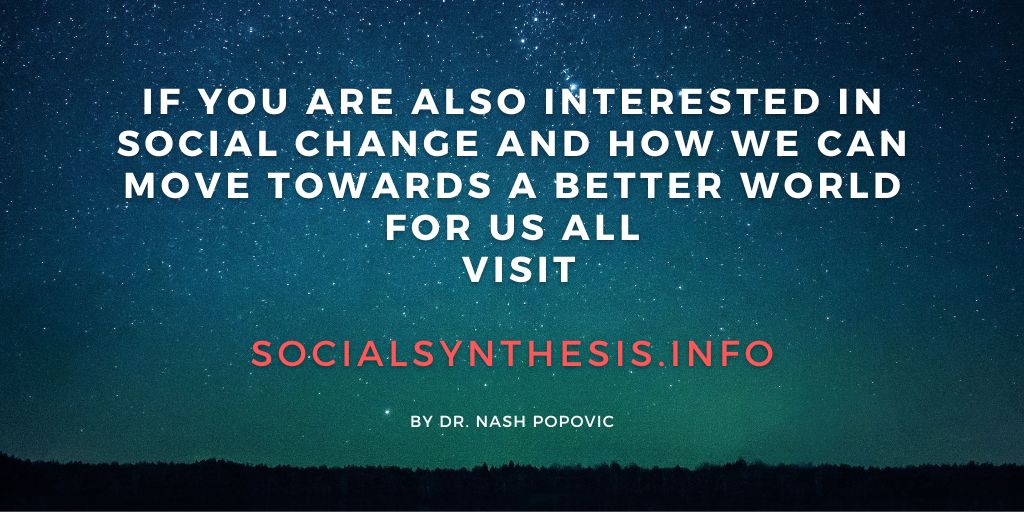53. Moral Sense
In every act of moral self-affirmation man contributes to the fulfilment of his destiny, to the actualisation of what he potentially is.
Paul Tillich (20c German-American theologian)
Moral sense refers to our innate propensity to evaluate actions in terms of right and wrong, and should not be confused with social moral norms. Although moral sense often coincides with public morality, these two differ and may even conflict; the former is an inner incentive, the latter comes, as it were, from the outside. As one psychologist puts it, ‘moral sense… is not a law or a definition but… the internal directive that establishes meaning and value’[i]. Both bio-neurology and psychology provide support for its existence.[ii] Experiments with infants and even some animals indicate that we are born with moral sense in its rudimentary form. A sense of fairness and justice, as well as regret and guilt, can occur spontaneously in children (unlike shame, which is by and large socially induced). In this area, we will explore why moral sense matters, as well as how to develop and manage it.
Why listening to moral sense matters
Acting in accord with our own moral sense feels good and behaving contrary to it does not, although these feelings can be overridden by other states of mind (prejudices, wants, fears, anger, and so on). Disregarding moral sense is sometimes attractive because it may bring immediate gratification, but it alienates us from other people and a part of ourself. This causes an inner conflict indicated by disturbed conscience and feelings of regret or guilt (which is why justifications are so common – nobody wants to see themselves as bad). Conscience can be ignored or stifled, but ‘we cannot suppress or eliminate essential parts of ourselves without becoming estranged from ourselves.’[i] Personal integration and harmony are hard to attain if our social aspect (which includes our moral sense) is in conflict or disregarded. So, listening to our moral sense matters, but its voice may not always be loud enough, which is why we formulate moral principles.
Moral principles
Here are variations on the golden rule that you may find helpful:
- Don’t do to others what you’d not like them to do to you
- Don’t let others do to you what you’d not do to them
- Do for others what you’d want them to do for you
- Don’t ask others to do for you what you’d not do for them
Let’s take the last one as an example: if you are not sure whether you should ask your friend to help you with moving, consider if you would be ok if they asked you the same. Principles such as these can be a kind of scaffoldings for moral sense, but there are several reasons why they may not always be sufficient.
No moral principles can fully capture the ever-increasing complexity of social interactions – there will always be some exceptions. Take the third one above: would it be ok for those who enjoy pain to inflict pain on others? In some tricky situations, we may have to rely on our moral sense rather than principles. Also, it is not always easy to formulate and rationally justify what is right. The’ runaway train’ moral dilemma is an example: you are alone on a runaway train; there are five men on the track and they are going to be killed unless you divert the train to the other track on which there is only one person. Would you do it? Now, you are on a bridge above the oncoming train, and you need to push the big guy next to you onto the track in order to stop the train and save five lives. Would you do it? Even if the result is the same, most people would do the former but not the latter and they often can’t explain why. They just follow their moral sense. Furthermore, many norms are socially prescribed, but these tend to change over time, can be interpreted differently, and depend on the context. Morality is also becoming increasingly personalised. Most of us recognise the value of moral considerations, but nevertheless don’t want to just blindly follow rules and norms that are prescribed by society. Developing our own moral sense can provide something to rely on and is also fully compatible with personal autonomy. In other words, it enables us to avoid moral relativism (‘anything goes’) on the one hand, and social indoctrination on the other.
Developing moral sense
In an experiment with two primates, one is treated unfairly and reacts strongly; the other who is receiving preferential treatment is not bothered. This tells us two things: that even some animals have a sense of justice and fairness, and that it can be biased and a bit simplistic. Humans are not immune to these either (just consider what you think of pedestrians when you are driving, and what you think of drivers when you are walking). However, moral sense can be developed: quantitative development can help us reduce bias and qualitative development increase complexity.
Quantitative development increases the scope or locus of concern, so our moral sense becomes more inclusive, reducing our bias. Using these devices can help in relevant situations:
Developing impartiality
- Put yourself in the other person’s shoes to be able to see the situation from a different perspective.
- Imagine that you cannot know which outcome you will end up with (as in when you split a cake, but the other person gets to choose which slice they will take).
- Analyse similar situations in which you don’t have any interests (or alternatively try to imagine that you don’t have any in yours) and then draw your conclusions.
Qualitative development increases our moral sensitivity, that is, our ability to deal with complex and intricate situations. Cognitive competencies such as getting information, taking into account different arguments and positions, reasoning and reflecting can be helpful for this type of development. They, however, should not replace moral sense, but make sure that it is informed rather than short-sighted. For example, think about the morality of doing something self-destructive or destructive with consent (e.g. euthanasia). You might have good arguments as to why euthanasia is not wrong and should be legalised, but what about consensual cannibalism? Why do these two cases feel so different?
Managing moral sense
Even a well-developed moral sense can trigger reactions that can be painful and unhelpful or ones that we may regret. To avoid this, check first whether or not your sense of unfairness is justified:
- Are you in the right? For example, before you get upset with somebody for not turning up, make sure that the date, time and place you agreed on are correct.
- Bear in mind that there could be something you don’t know. Is it possible that they might have had an emergency? Suspend your judgment before this is clarified, as being even ten times right cannot make up for being wrong once.
What if we get genuinely stitched up or tricked?
These things happen. Your sense of injustice may well be right. The best remedy for such situations is to do something about it (e.g. make a complaint) or talk to those involved (see Conflict resolution). If neither of the above is feasible, the only thing you can do is to accept what happened and draw a line under it. Staying angry won’t help – it is just a pointless aggravation. There is something that can be learned though from such experiences: to be careful to what extent you let yourself depend on others or place yourself in their hands (especially if you don’t know them well); for example, it may be wise in some situations to have a backup plan just in case (e.g. what to do if the plumber doesn’t turn up).
‘It was luck!’: there are other situations in which feelings of unfairness may be justified (at least to some extent), and yet reacting upon them may still not be. For example, somebody may win, get promoted, or find a desirable partner not because they deserve it, but because they were lucky or more pushy. Envying, bad-mouthing or plotting against them will not correct the perceived injustice, but add further injustice and make you a ‘bad loser’. As above, if nothing can be done, instead of obsessing about it, focus on how to prepare better or what to do to maximise your chances of success in similar situations in the future (e.g. you may want to try to be less timid in the next round of promotions).
(1) Moustakis, C. (1967) Creativity and Conformity. New York: Nostrand Reinhold, p.94.
(2) For bio-neurological support see Kegan, J. and Lamb, S. (ed.) (1987) The Emergence of Morality in Young Children. Chicago: University of Chicago Press; Ruse, M. (1991) ‘The Significance of Evolution’ in Singer, P. A Companion to Ethics. Oxford: Blackwell; Wilson, J. Q. (1993) The Moral Sense. New York: The Free Press; Goleman, D. (1995) Emotional Intelligence. London: Bloomsbury; Jennings, C. (1999) ‘The Neurobiology of Morals’ in Nature. London: Macmillan Publishers. For psychological support see Assagioli, R. (1965) Psychosynthesis. London: Crucible, p.233 (discussing Baruk’s ‘Moral judgement test’); Blum, L. (1980) Friendship, Altruism and Morality. London: Routledge & Kegan Paul; and Turiel, E. (1983) The Development of Social Knowledge. Cambridge: CUP.
(3) Horney, K. (1945) Our Inner Conflicts. New. York: W. W. Norton, 1992, p.111.

